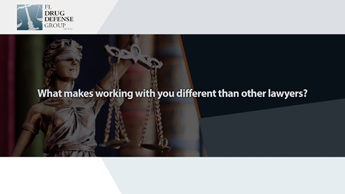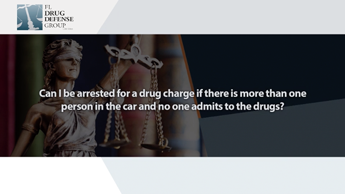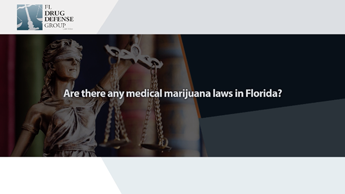Probable Cause Hearings in Florida Drug Cases

Talking privately with a criminal defense lawyer about your pending criminal case is your legal right. Often, your lawyer will say something during that first meeting that puts you at ease and assures you that the worst-case scenario, in which you spend months in county jail or years in prison, will not come true. Your lawyer might say, “You are eligible for drug court,” or, “If you plead guilty, your sentence will only be probation and a fine.” If the charges are serious and you are thinking of pleading not guilty, your lawyer might say, “I know which defense strategy we should use.” Better than all of these things is if your defense lawyer says, “I can make this go away.” It sounds like a dream come true. How many inmates have opened their eyes to see the walls of a prison cell, jolted awake from a dream where a lawyer said that he could make the case disappear? It can happen in real life, but whether it can happen to you depends on which evidence the prosecution is planning on using against you. To find out more about probable cause hearings and whether you should request one, contact a Florida drug offenses attorney.
What Is the Purpose of a Probable Cause Hearing?
When police arrest you on suspicion of a crime, they do not have to prove beyond a reasonable doubt that you are guilty; that is the prosecution’s job at your trial, which is many steps down the road from the initial arrest. Instead, police must show that they had probable cause to arrest you, meaning that they were reasonable in believing that you were committing a crime or had just committed a crime when they arrested you. Probable cause is also a prerequisite for getting an arrest warrant or a search warrant. The judge issues the warrant if the officer who requests it proves that there is probable cause to issue it.
If you have just been arrested and are being detained, the court must hold a probable cause hearing within 48 hours. If you are not being detained but you believe that the state does not have probable cause to go forward with your case, you have the right to request a probable cause hearing.
How Can a Probable Cause Hearing Work in Your Favor?
At a probable cause hearing, the court reviews the prosecution’s evidence against you and decides whether the answer to the question of your guilt is “no” or “maybe.” If the answer is “maybe” the case can move forward. If it is “no,” then the court must drop the charges against you. This happens if the prosecution’s evidence against you is clearly insufficient, such as if the prosecution’s witnesses are not credible or if the only other person who was present with you at the time of the alleged crime refuses to testify.
Contact FL Drug Defense Group About Drug Cases
A Central Florida criminal defense lawyer will represent you at your probable cause hearing. Contact FL Drug Defense Group in Orlando, Florida to discuss your case.
Source:
law.cornell.edu/regulations/florida/Fla-Admin-Code-Ann-R-34-12.750







